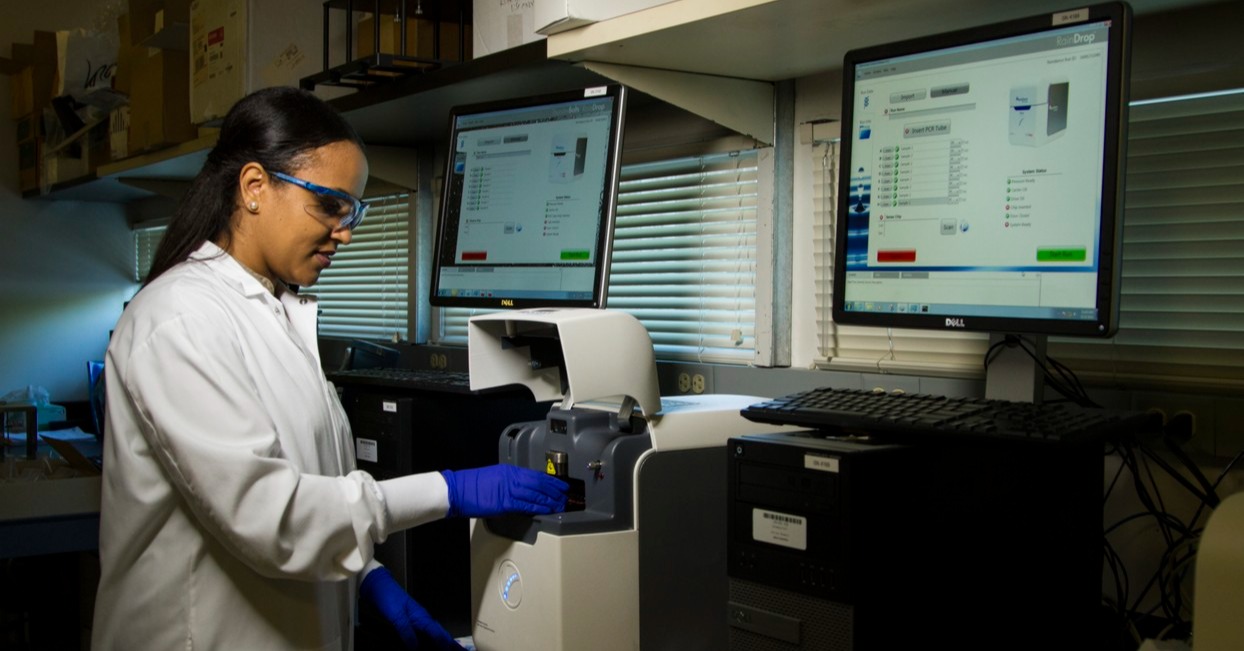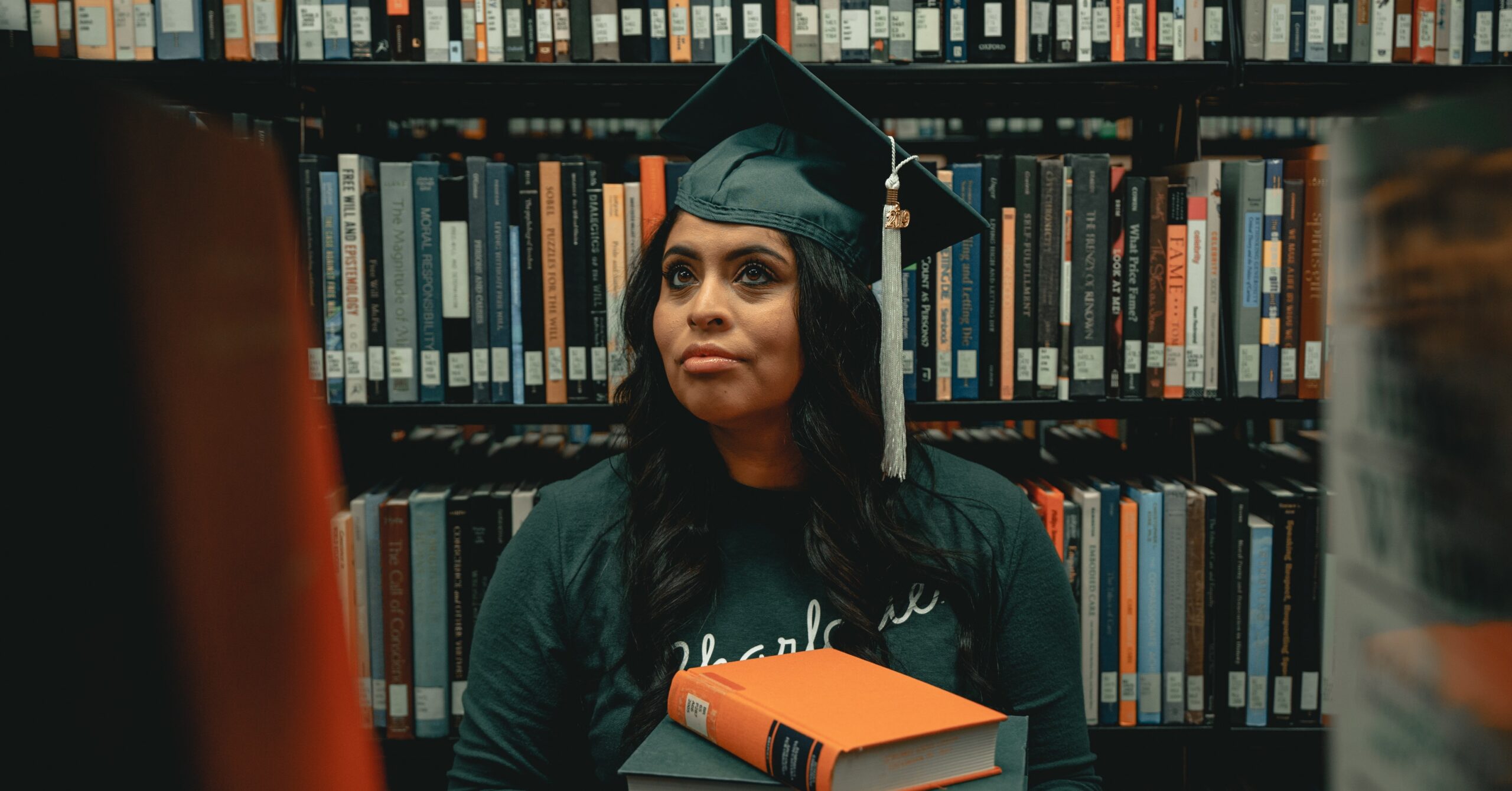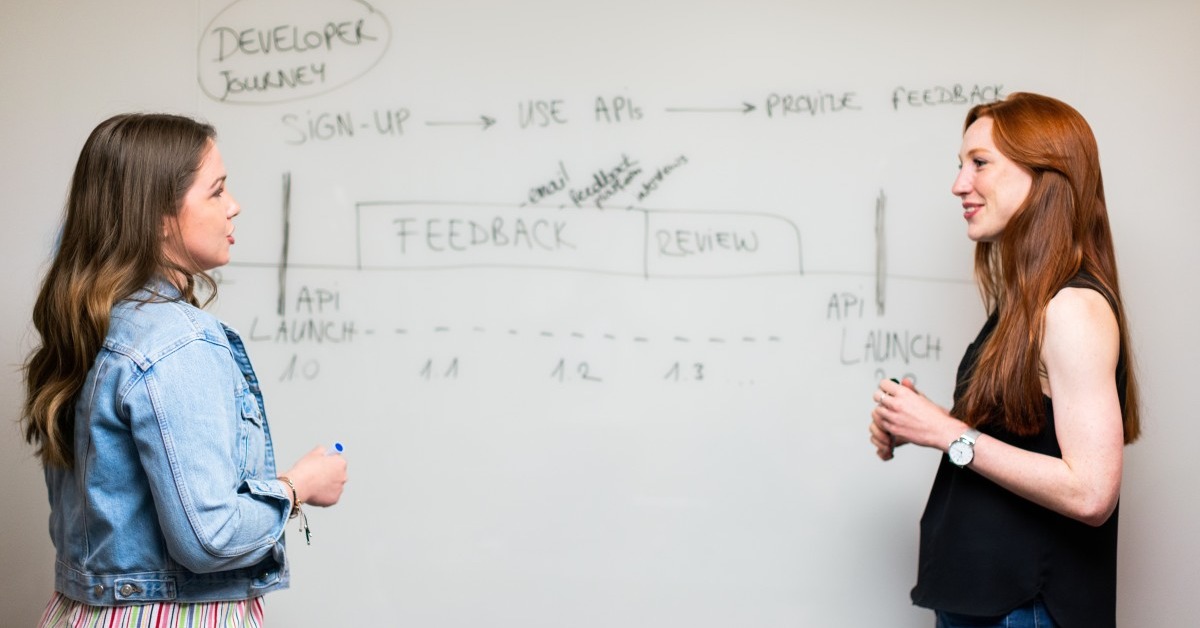
What Is the Epidemiological Triangle?
The epidemiological triangle consists of the agent, the host, and [...]

Becoming a teacher is a process. You’ll need one or more degrees, a teaching certificate, and whatever additional credentials your school, district, or state requires.
If you’ve just graduated from high school, becoming an elementary school teacher will probably take four or five years. However, if you’re interested in becoming a second-career teacher, you may be able to transition into a classroom in just one year—particularly if your career up to this point has been in mathematics or one of the sciences.
That’s why there’s no simple answer to the question of how long it takes to become a teacher. Your current level of education, your state’s requirements for teachers, your area of interest, and the grade level you want to teach all factor into the number of years you’ll spend preparing to enter the classroom. It might require four years earning a bachelor’s degree plus six months in a teacher preparation program… or just over a year in an alternative teacher certification program. Teaching in high school can mean earning a two-year master’s degree in the subject you teach. Consequently, everything we share below is intended to kickstart your research.
In this article about how long it takes to become a teacher, we cover:
The answer to this question depends on which teaching degree. Bachelor of Science in Education programs for students just entering college typically take four years to complete. A bachelor’s degree in education is, in all 50 states, the minimum credential necessary to qualify for state teaching licensing exams. These programs represent the quickest route to teacher licensure for newly graduated high school students interested in becoming teachers.
Earning a bachelor’s in education is the most time-consuming part of becoming a teacher, but it’s also where most teachers learn about pedagogical strategies, classroom management, learning styles, educational psychology, and other foundational topics related to teaching. Most part-time and full-time Bachelor of Science in Education programs include a practicum component, allowing students to accrue the student-teaching hours required to qualify for licensure before graduation.
Aspiring teachers who’ve already earned bachelor’s-level education degrees in other subjects are more likely to enroll in a one-year or two-year master’s degree in teaching program. You might pursue a Master of Arts in Teaching (MAT), Master of Science in Teaching (MST), or Master of Education (MEd) in a concentration related to teaching. If you go this route, just be sure your program has a teacher certification track that builds student teaching hours into the curriculum.
| University and Program Name | Learn More |
|
New York University:
Master of Arts in Teaching
|
|
|
Merrimack College:
Master of Education in Teacher Education
|
You’ll need a bachelor’s degree to launch a teaching career, but that degree doesn’t necessarily have to be a Bachelor of Science in Education. Rather, you might decide to major in your subject area and minor in education—especially if your goal is to become a high school teacher. You’ll get a four-year undergraduate degree in your discipline and qualify to take your state licensure exams upon graduation.
If you already have a bachelor’s degree in another subject—even one unrelated to the grade level or discipline you want to teach—you may be able to enroll in a non-degree teacher preparation program at a college or university and become a certified teacher faster. Private companies, nonprofit organizations, and state governments also administer teacher preparation programs. How long these programs take depends on the state’s certification requirements, whether coursework is completed synchronously or asynchronously, and how programs are structured. The coursework in many of these programs can be completed in a year or less, though some are self-paced and can take up to two years to complete. The in-classroom teaching portion of teacher preparation programs usually lasts one academic year and consists of paid supervised teaching time.
Many fast-track, non-degree teaching certification programs (e.g., Teach for America and programs offered by states) require students to commit to teaching in underfunded schools or schools in underserved areas for a set number of years. Be sure you’re ready to make that kind of commitment before enrolling in an accelerated teacher certification program.
Becoming an elementary school teacher is a relatively straightforward process that takes about four years. The traditional route to becoming an elementary school teacher involves earning a bachelor’s degree in elementary education. The good news is that the teaching internships and student teaching experiences required in your state will likely be built into your teacher education program, so you won’t have to meet additional requirements after graduation. Once you have your degree, you’ll be ready to sit for whatever teaching exams your state requires.
Unlike elementary school teachers, who have to be generalists, middle school and high school teachers must be subject-matter experts. Consequently, becoming a middle school or high school teacher is slightly more complicated. Some aspiring teachers enroll in middle grades education or secondary education bachelor’s degree programs that allow them to choose concentrations in the disciplines they intend to teach. Others major in their subject areas and minor in education. Still others double major in their subject area and education.
The good news is that becoming a middle school teacher and becoming a high school teacher typically doesn’t take any longer than becoming an elementary school teacher. If you’re a recent high school graduate, you can start teaching in four to five years. And if you already have a bachelor’s degree in your subject area, you can begin teaching in a year if you enroll in an alternative teacher-preparation program.
Not sure you want to become a teacher? Consider working first as a substitute teacher to decide whether teaching is for you.
Every state has different requirements for subs. Becoming a substitute teacher in some states means meeting the exact same standards as other teachers. In other states, anyone with a high school diploma can work as a sub (provided they can pass a background check). Some states have no statewide requirements for substitute teachers.
The easiest way to find out what it takes to become a substitute teacher in your state is to contact the department of education. You may discover that your state requires long-term substitute teachers to be fully licensed or that there is a special substitute teaching licensure category, in which case becoming a sub might take just as long as becoming a teacher. Or you may be able to start subbing in only a few weeks if you’re in a school district that desperately needs subs.
It all comes down to the requirements of your state and personal choice. You don’t need to complete a one-year or two-year master’s degree program in education to become a teacher. However, a handful of states (e.g., Connecticut, Ohio, Maryland, Massachusetts, and New York) require teachers to go back to grad school within a set period to maintain their licensure or to achieve the highest level of teaching credential. If you want to teach in one of those states, you’ll need to make earning an MAT, MST, or MEd part of your long-term career plan.
A master’s in teaching or a master’s in education can be an asset even when not required for licensure. That’s why many educators who don’t teach in those states go to grad school. In fact, master’s degrees in teaching and education are so popular that they represent more than 20 percent of all master’s degrees awarded. About 50 percent of teachers have graduate degrees because earning credits toward a master’s degree is one of the easiest ways to meet continuing education requirements and teachers with graduate degrees can earn anywhere from $1,400 to $11,000 more than those without.
More importantly, earning a master’s degree in teaching or education can be one of the faster ways to become a teacher. If you already have a bachelor’s degree related to the subject you want to teach, you can enroll in a master’s program with a licensure track and teach in just a year or two.
The two fastest ways to become a teacher don’t require degrees. The first is to become a private school teacher. Private schools don’t have to meet state minimum teacher standards, and some independent schools are willing to hire new teachers without degrees in education or teaching certificates. That said, many private schools prefer teachers who have degrees in teaching or teaching experience, so it may take you some time to land a teaching position if you don’t have a degree in a STEM field or in-demand discipline.
Your other option is to relocate to a state, rural area, or inner-city district with a severe teacher shortage. Some states have programs through which aspiring teachers without degrees receive temporary teaching licenses in return for working in emergency status teaching jobs in public schools in high-need areas. The only thing you’ll initially need to do is pass a background check, though you will eventually need to fulfill the state’s education requirements and take the state’s licensing exams and/or the PRAXIS exam.
It’s worth pointing out that everything we’ve shared in this article is about getting into the classroom. You can become a teacher in just a year or two, provided you have the right background. Nowhere above do we address continuing education requirements (which also vary from state to state) or more importantly, how long it takes to become a great teacher.
Some people say that the key to becoming a good teacher is being a good student forever. According to former special education teacher Terry Vick, the answer to the question ‘How long does it take to become a teacher?’ is a lifetime. “Even after you finish your four years of required classes and pass any required tests to be certified, yes, even after you get a master’s degree, you will still be learning how to be a teacher,” she wrote in a Quora thread. “Or at least I hope so because the best teachers I know never stop trying to figure out the best way to reach the students in their classes.”
This article was originally published in 2018. It has been updated to reflect the most recent data on the subject.
Questions or feedback? Email editor@noodle.com

The epidemiological triangle consists of the agent, the host, and [...]

Even in states where a master's degree isn't required, teachers [...]

Getting an MAT or an MEd in Elementary Ed can [...]

According to Zippa, salaries for school principals range from under [...]

Some kindergarten teachers earn $98,000 a year. That likely won't [...]
Categorized as: Teaching, Education & Teaching